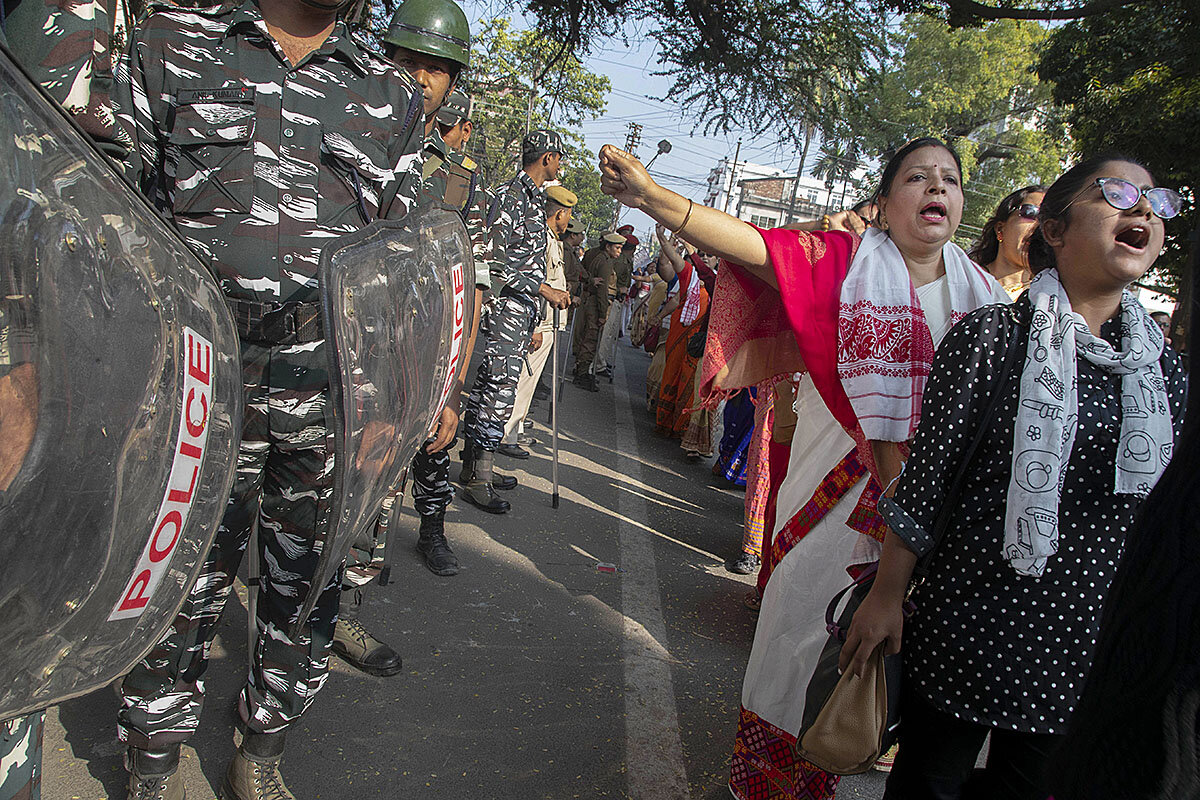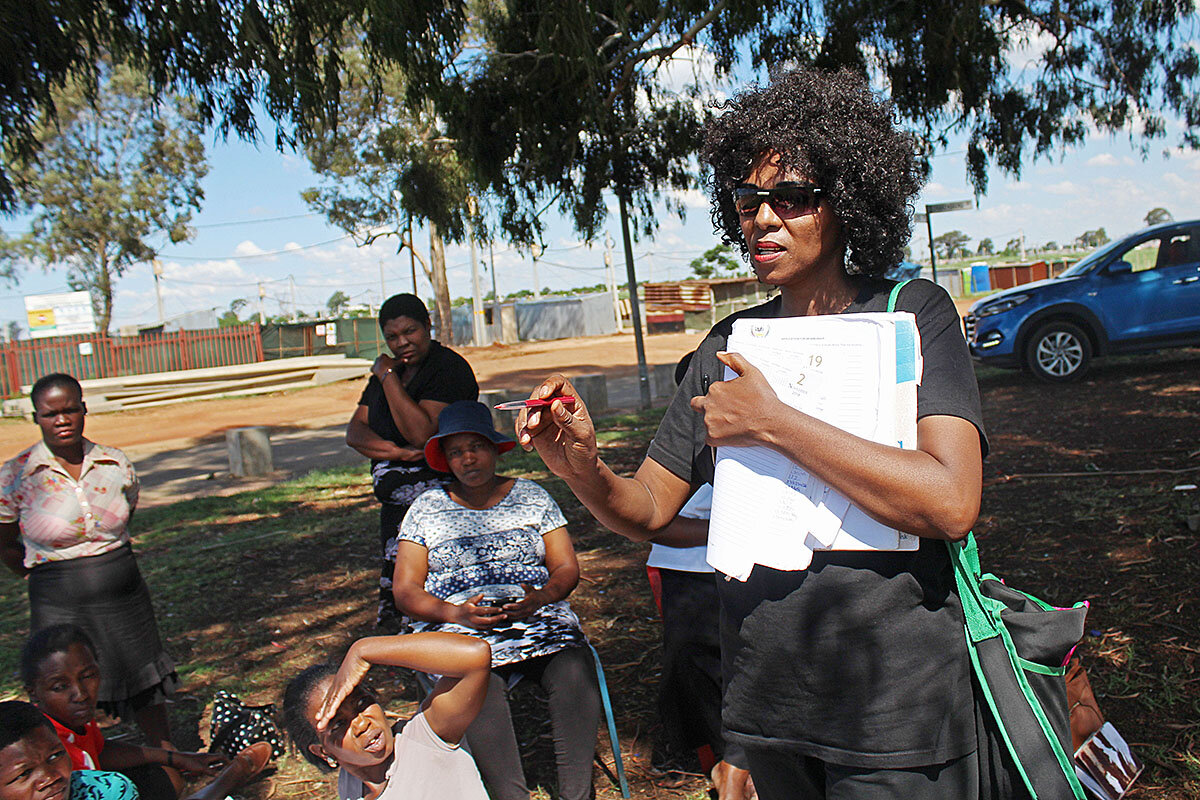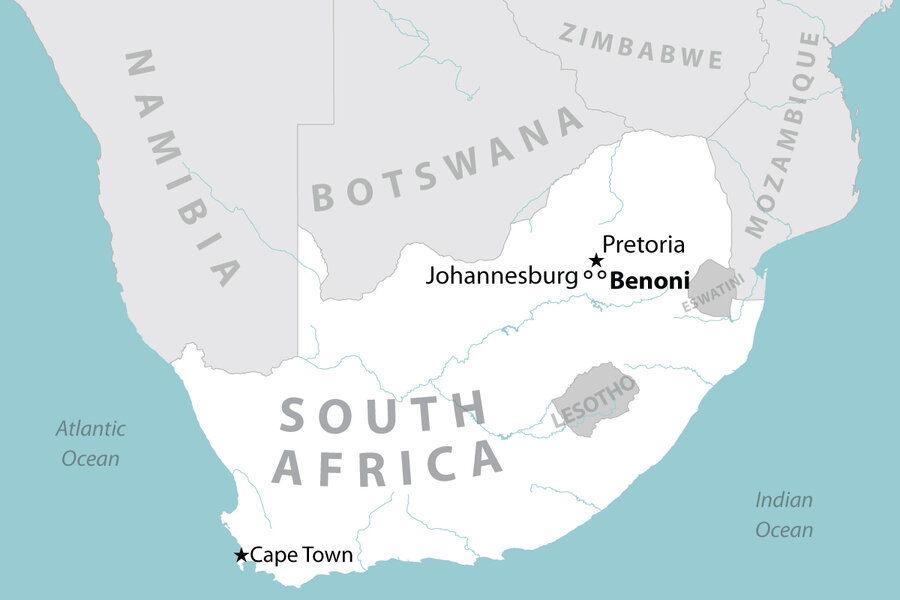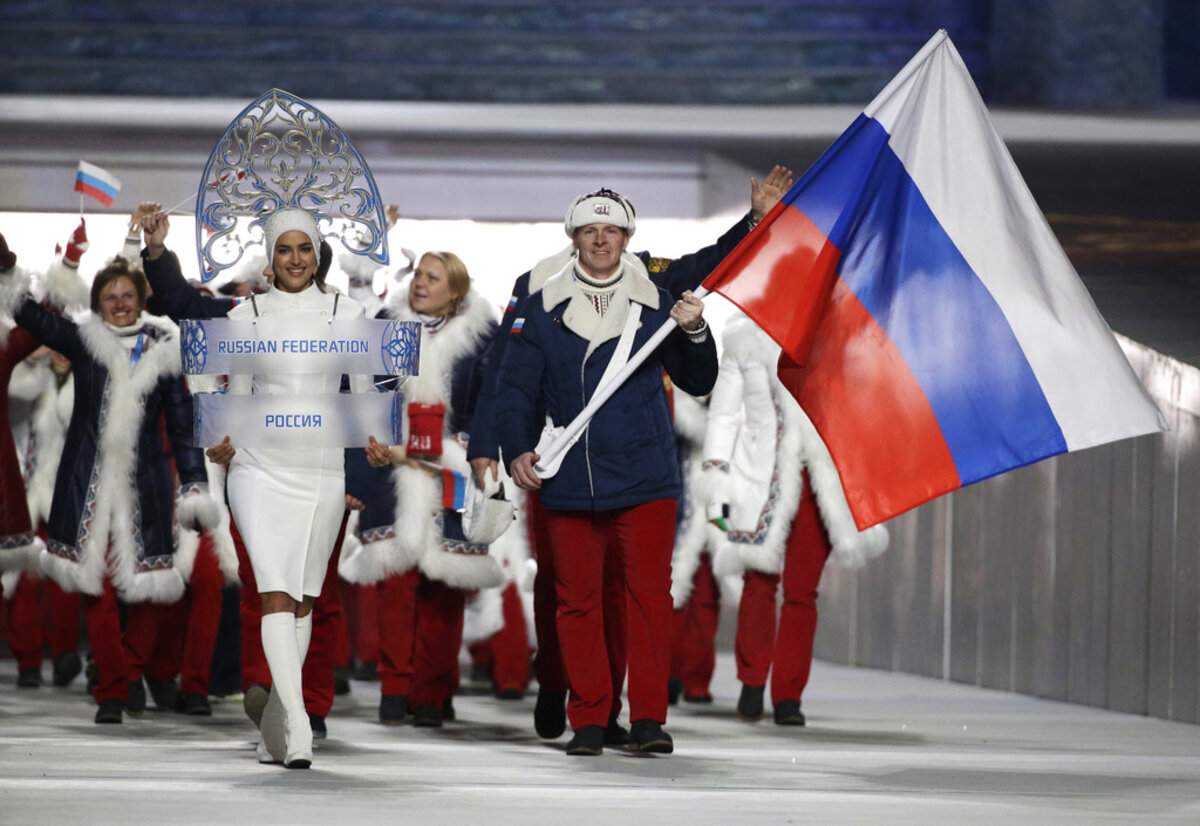Journalism, they say, is the first draft of history. With impeachment, perhaps that first draft was apparent long before today.
Monitor Daily Podcast
- Follow us:
- Apple Podcasts
- Spotify
- RSS Feed
- Download
 Mark Sappenfield
Mark Sappenfield
Your five hand-picked stories today include: how history might view impeachment, the prospect of a change to India’s founding ideal, a dilemma cities face in preparing for a cyberattack, an undertold story of injustice in South Africa, and our favorite fiction of 2019.
With an impeachment vote today and a presidential debate tomorrow, now might seem like a good time to brush up on your understanding of the vision of America’s founders. And on a quiet corner of the internet, that is exactly what a few thousand Iranians are doing. Yes, Iranians.
That’s the work of Houshang Nourmohammadi, who was brought to my attention by a Monitor reader. It was only a few years after he came to Oklahoma from Iran, at first working a night shift washing dishes at Denny’s, that he concluded that the United States was a model for Iran – and the world, really.
Namely, it showed how diverse groups could find unity. In the Federalist Papers, he saw a young nation struggling with the centrifugal forces of slavery, economy, and religion, yet finding more power in what bound it. So now, he translates the Federalist Papers into Farsi and holds live web sessions to discuss their universal importance. He has only 2,800 followers so far, but signing up for this kind of group is dangerous in Iran, and Mr. Nourmohammadi just started a few months ago.
“The U.S. is a miniature of the world we’re going to live in,” he says. “If people can set aside their differences for a greater reason, that’s a great story.”











